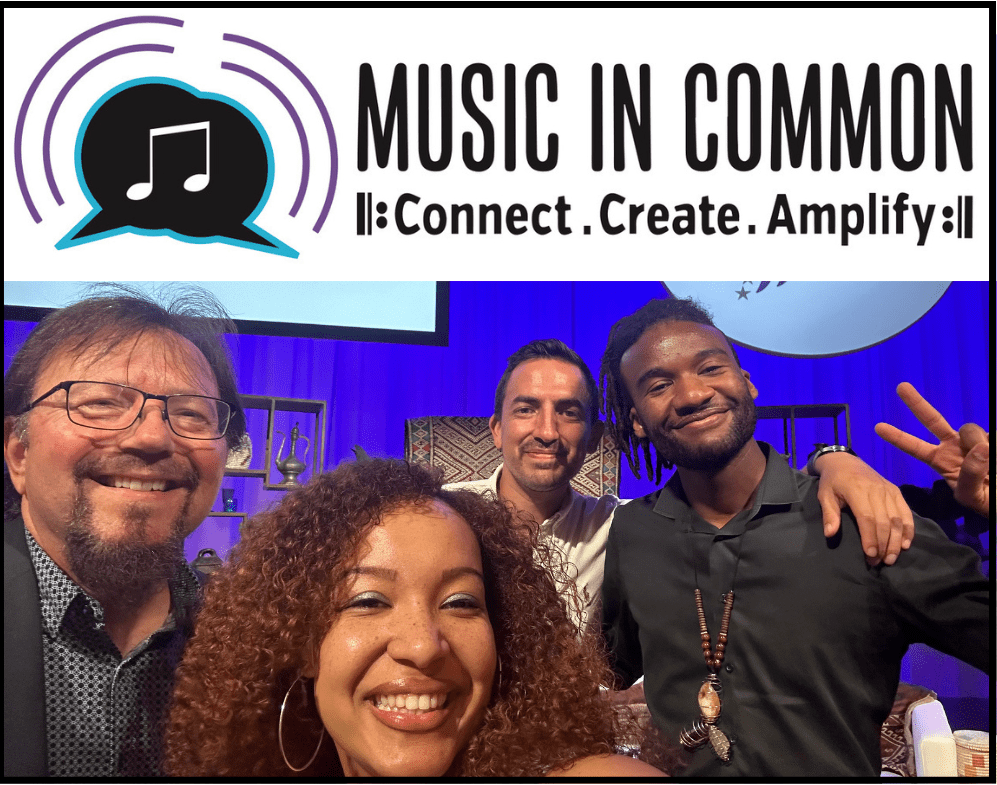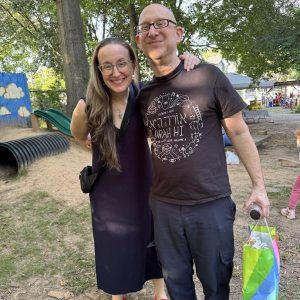Torah Commentary with Rabbi Laurence Rosenthal
Parshat Tzav
Leviticus 6:1 - 8:36
By Rabbi Laurence Rosenthal

The current conversation about God circles around belief. Does a person believe in God? This is where we often begin the conversation. Do you BELIEVE in God? There is nothing wrong about asking that question but it's not a question we often ask regarding to other relationships. I wouldn't start with that question if I were inquiring about your friends and family. Do you believe in your parent or your spouse? If I was to ask such a question, it would probably be an exploration about their honesty or some aspect of their life goals. I wouldn't be using this question to ask about their existence. That would be weird. However, this is where we begin with God.
For the sages and rabbis thousands of years ago, they seemed to be obsessed with a different question. Are you close to God? For the texts and writings that they left behind (i.e. the Torah, Bible, Talmud, etc.) God is assumed. Our Torah doesn't bother to introduce us to the divine being that would be joining us through our spiritual journey. Instead, God just was, and God's speech brought the universe into being.
Throughout the book of Leviticus, we explore the ancient ritual of animal sacrifice along with the rites and rituals which would develop into the service of God that existed in the Jerusalem Temple for roughly 800 years. The Hebrew word that is translated as sacrifice is Korban – קָרְבָּן. Unfortunately, this might be the most poorly translated word in the entire Hebrew Bible. The word, Korban comes from the root which means, "to draw close." The goal of our patriarchs and matriarchs of the Bible and other religious texts wasn't to "make sacrifices" to God, offering some sort of quid pro quo. Instead, the goal of these efforts was to bring God close, creating a relationship where God was present amid the people.
I don't fault the modern mind for seeking answers about God's existence. To my mind, the question about belief in God is still connected to the earlier question about closeness. Today, many of us feel that God is so remote and distant, that we wonder if God is even out there. My suggestion is that we reframe the question away from belief and towards closeness. Are you close to God? The answer might be a resounding no. However, by framing the question on a spectrum of distance rather than absolute categories of Yes or No, we afford ourselves the opportunity to return to the question throughout our life's journey and make assessments about our closeness or distance from God and God's closeness to us.






























